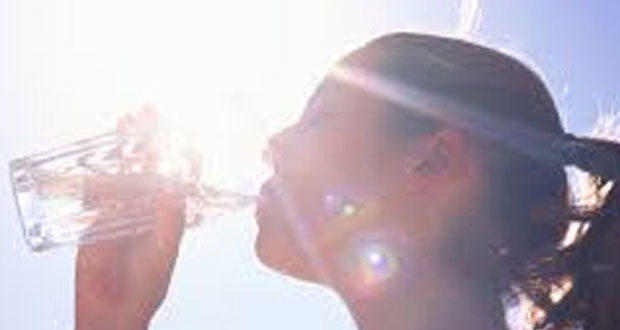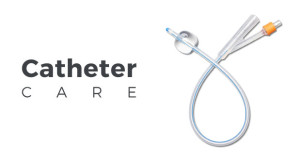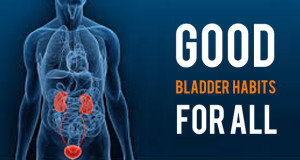Kidney stones are a common condition affecting about 10% of the population in developed countries at least once in an individual’s lifetime. Recent trends show an increase in stone prevalence. The role of dietary habits, including fluid intake, has a great implication in stone development.
Chronic dehydration from different causes such as working in a hot environment or physical exertion increases the risk of stone incidence. Stone diseases occur more frequently in geographic areas with a hot climate. There is also a seasonal variation of stone incidence, with higher rates in summer. Studies have shown that there is direct relationship between fluid intake and stone risk in the healthy population. Adequate fluid intake would decrease the theoretical risk of crystallization, the first step of stone formation.
The role of increased fluid intake as a means of preventing recurrence of kidney stones is well recognized today. In fact, it has been used since the time of Hippocrates.
Increase in fluid intakes to achieve a urine volume superior to 2L per day has resulted in reduced kidney stone recurrence.
The European Association of Urology recommends increasing fluid intake independent of the type of stones to achieve a urine volume of more than 2L a day, on top of other dietary and lifestyle advice.
Drinking water at correct time helps maximize its effectiveness on human body like
- 2 Glass after waking up activate internal organ
- 1 Glass 30 min before meals helps digestion
- 1 Glass before bath helps lower blood pressure
- 1 Glass before going to bed reduces risk of stroke and heart disease
Other good effects of water
- Helps lose weight
- Healthy skin
- Fights infection
- Eliminates body toxins
- Healthy heart
- Prevents constipation
 Urologist in Chennai | Robotic Urologist in India | Chennai Urology
Urologist in Chennai | Robotic Urologist in India | Chennai Urology




